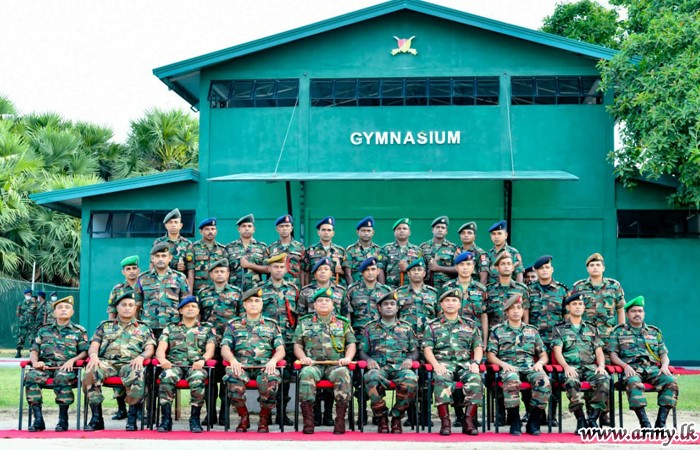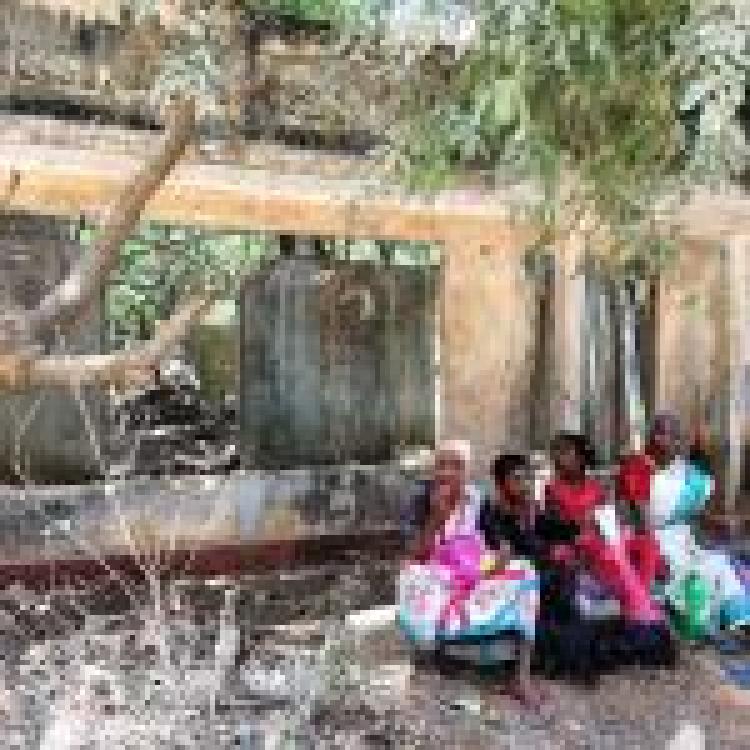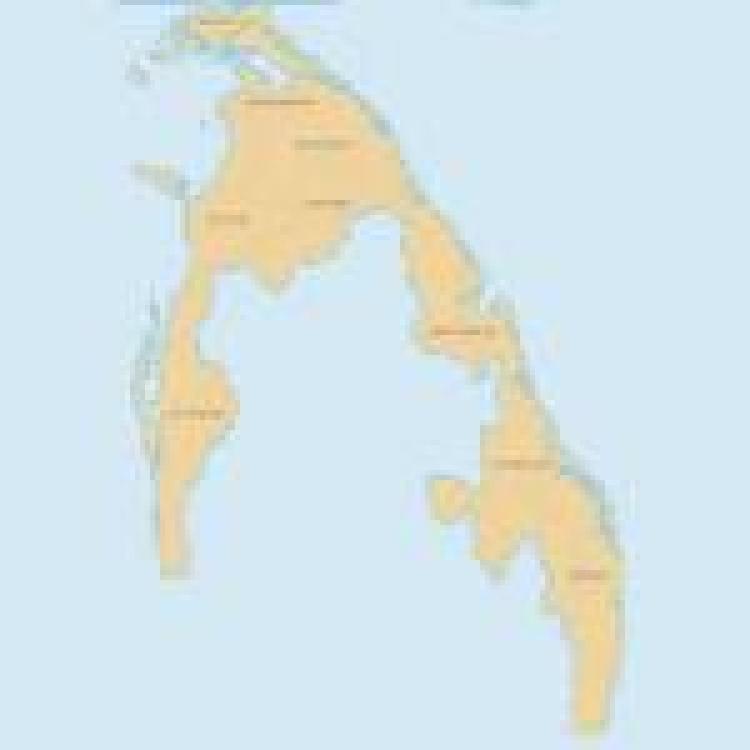
File photograph: Displaced Tamils Kankesanthurai, Jaffna
More than 20,000 Tamil war-affected families in Jaffna have been left out of a Sri Lankan government run housing scheme due to “allegations of administrative flaws” and “political influence”, according to the Sunday Times.
The families are from various Divisional Secretariats from across Jaffna, which has been under Sri Lankan military occupation since 1995, with the highest number of displaced families from Chavakachcheri, Tellipalai and Kopay.
Despite government schemes under the State Ministry of Rural Housing and Construction, which reportedly allocated more than 2,000 houses for the Jaffna district alone, more than 20,000 families remain displaced and left in limbo.
Jaffna District Secretary K. Mahesan responded by stating that they are “evaluating their eligibility through a carefully designed points-based system”. “In this process we are working with other actors including elected representatives and community leaders,” he added.
Though the secretary went on to acknowledge that more a decade after the end of the armed conflict, and several decades since the occupation of Jaffna, that tens of thousands remain displaced, there was no elaboration on the “political influence” that has hindered the resettlement.
Though the Sunday Times reports that “eight Divisional Secretariats finalised the lists of beneficiaries after the re-evaluation process and published them on the official website”, the list appears not to have been updated since 2019.
File photograph:The Sri Lankan army at its base in Jaffna last year.
Vast swathes of land across the North-East remains occupied by the Sri Lankan military, which continues to maintain an intense presence across the Tamil homeland. Many of those that are displaced are unable to return to their original homes and land because of the Sri Lankan occupation.




